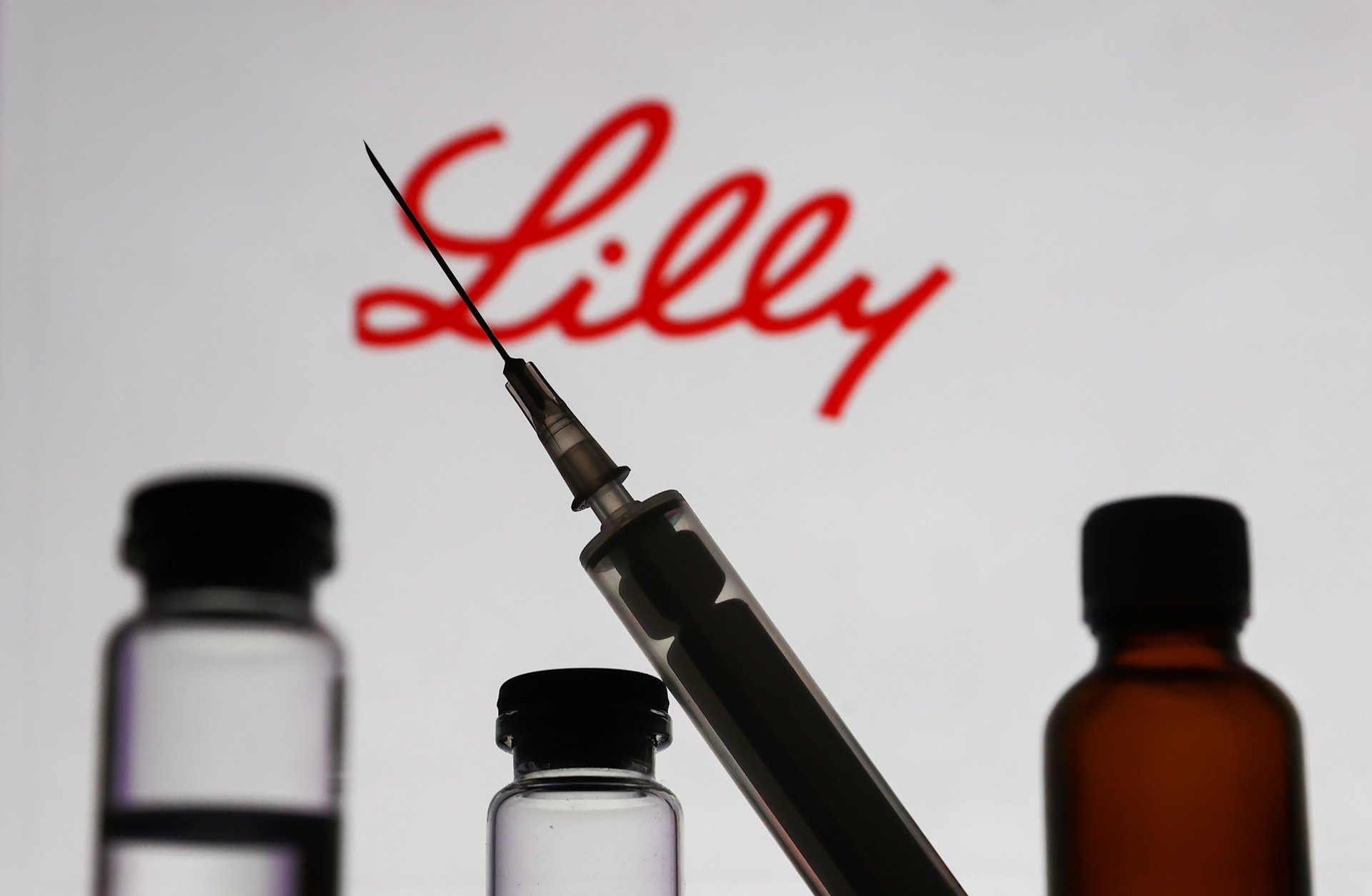Eli Lilly's weight loss pill could get federal approval by early next year
CEO Dave Ricks expects data on the drug, orforglipron, to come by mid-2025

Eli Lilly & Co. (LLY) thinks its next experimental weight-loss pill could get approved as soon as early 2026.
Suggested Reading
CEO Dave Ricks told Bloomberg News on Monday that data on the drug, orforglipron, is expected before the middle of 2025. That could lead to regulatory clearance the following year, Ricks said in an interview at the JPMorgan Healthcare Conference (JPM) in San Francisco.
Related Content
Ricks also said that pills would be easier to manufacture en masse, and more simple for patients to consume, than rival medications. Most major weight-loss drugs are delivered by weekly injections, including Eli Lilly’s popular Zepbound and Novo Nordisk’s (NVO) Wegovy and Ozempic, although a few pills have emerged; Novo Nordisk sells a pill form of semaglutide, under the brand name Rybelsus, for treating type 2 diabetes.
The growing demand for GLP-1 drugs, which mimic hormones that regulate blood sugar and suppress appetite, caused a shortage of both Zepbound and Mounjaro, Lilly’s other weight-loss drug, last year. Zepbound was only taken off the Food and Drug Administration’s drug shortage list in October, while tirzepatide — the active ingredient in both drugs — was taken off in December.
Eli Lilly is building a $9 billion manufacturing complex in Lebanon, Indiana, to produce key components for its GLP-1 drugs, including tirzepatide, alongside a $4.5 billion research center. It’s also invested several billion dollars in facilities in Ireland and Germany.
“We will continue to increase supply, but taking into account the huge need there would probably continue to be supply constraints until we had an oral medicine with an injectable-like efficacy,” President of Lilly Diabetes and Obesity Patrik Jonsson told Quartz in May.
“I think this is really an opportunity to reach more patients and also the ones that are currently fearful of injections,” Jonsson added.
Surging demand for these drugs transformed pharmaceutical giants Novo Nordisk and Lilly into some of the world’s most valuable companies — potentially paving the way for the first $1 trillion pharma firms. Morgan Stanley (MS) analysts anticipate the global market for the highly coveted treatments will reach $105 billion by 2030.
In a boost to both companies, Zepbound and Wegovy have been approved for Medicare coverage. The newly expanded coverage could help many patients, as insurers have been hesitant to cover these medications due to their high initial costs and uncertainty about long-term savings. Zepbound costs $1,086.37 per month without insurance.
— Bruce Gil contributed to this article.